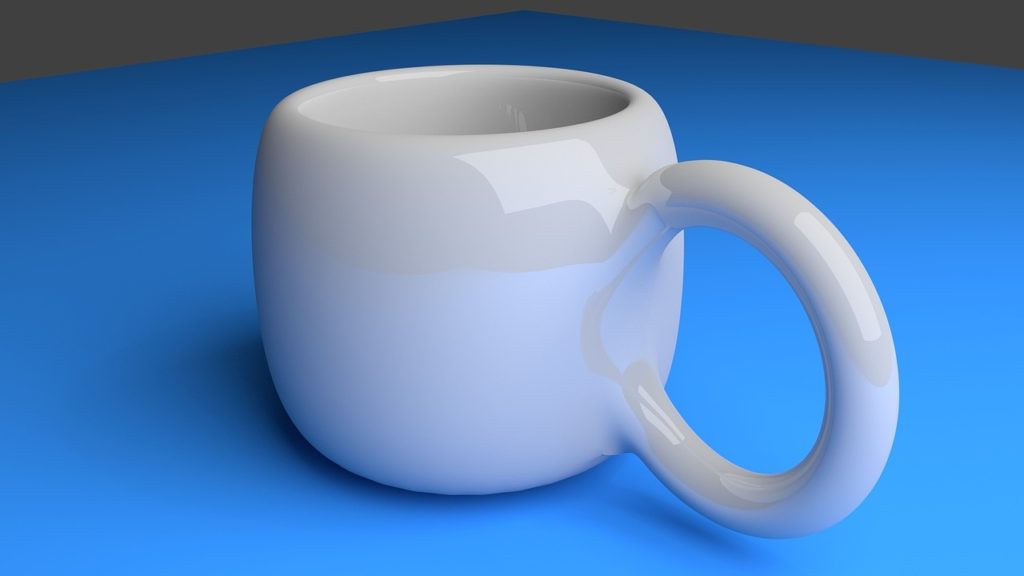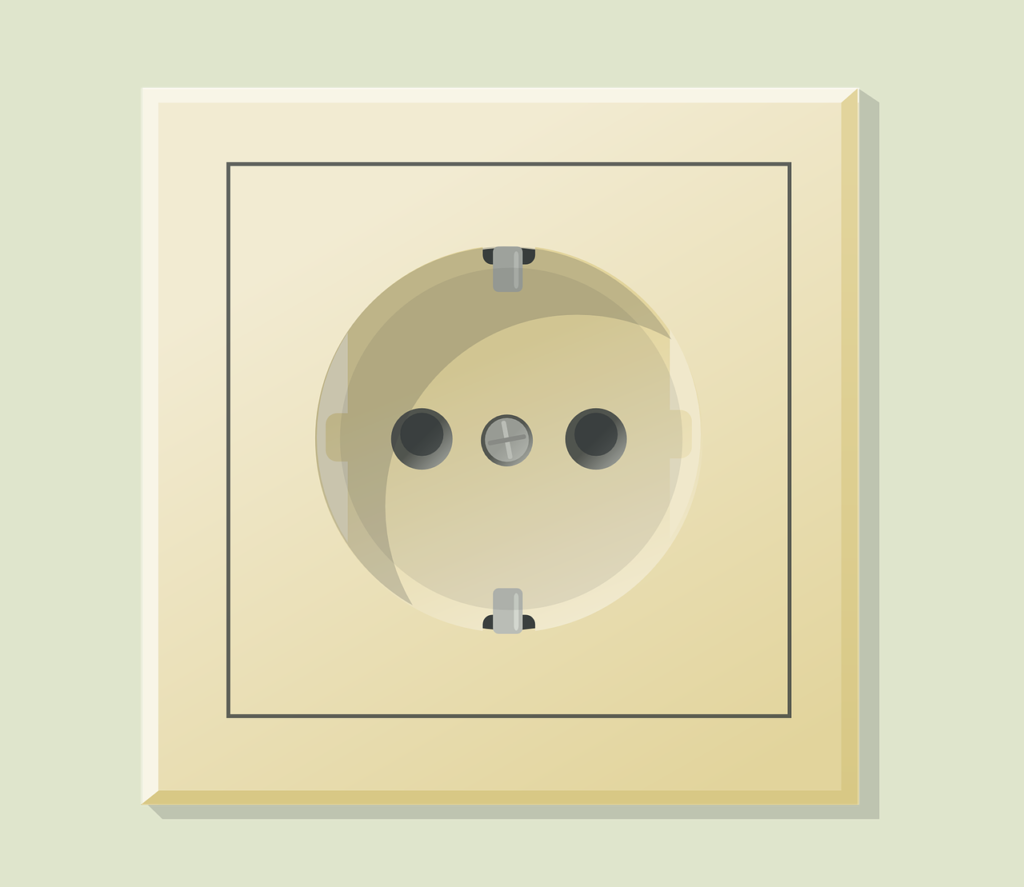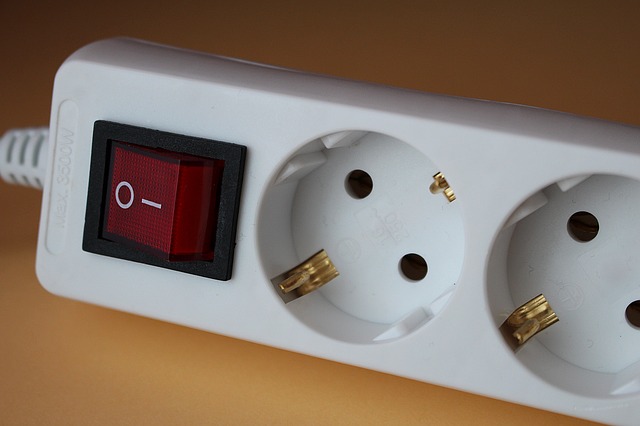to cherish ![]()

[verb]
[koes-te-ren, koes-ter-de, ge-koes-terd]
"Koesteren" is a word with a positive connotation: to cherish. Objects of one’s "koestering" can be physical things, persons, ideas or concepts.
Examples:
– "Ik koester de gedachte dat ik je hier altijd aan mijn zijde zal hebben."
("I cherish the thought of always having you here by my side.")
– "Dit prachtige moment moeten we koesteren."
("We must cherish this beautiful moment.")
– "Ik zal mijn kinderen voor altijd koesteren in mijn hart."
("I will cherish my children in my heart for ever.")
– "De liefde van mijn leven is met de noorderzon vertrokken…nu koester ik slechts de herinnering…"
("The love of my life left without a trace…now I merely cherish the memory…")
Expressions:
– "(De) hoop koesteren": to hope, to keep up the hope.
– "(De) vrees koesteren": to fear.
Example:
– "Ik koester de vrees dat er geen overlevenden zijn."
("I fear that there are no survivors.")
– "Zich koesteren in het zonnetje": to enjoy the warmth of the sun.
Related words:
– Houden van: to love [noun] [houden van, hield van, gehouden van].
– Liefde: love [noun] [de liefde, de liefdes].
– Hunkeren: to long for [verb] [hunkeren, hunkerde, gehunkerd].
Example:
– "Frank hunkert naar de liefde van zijn moeder."
("Frank longs for his mother’s love.")
– Waarderen: to appreciate [verb] [waarderen, waardeerde, gewaardeerd].



 “Kopje” – literally “little cup” – is the diminutive of “kop”, but this is often lost in translation.
“Kopje” – literally “little cup” – is the diminutive of “kop”, but this is often lost in translation. “Stopcontacten” are everywhere in the Netherlands 🙂 Sometimes you may hear the somewhat more formal term “wandcontactdoos” or “contactdoos”.
“Stopcontacten” are everywhere in the Netherlands 🙂 Sometimes you may hear the somewhat more formal term “wandcontactdoos” or “contactdoos”. – Stekkerdoos: multiple socket
– Stekkerdoos: multiple socket